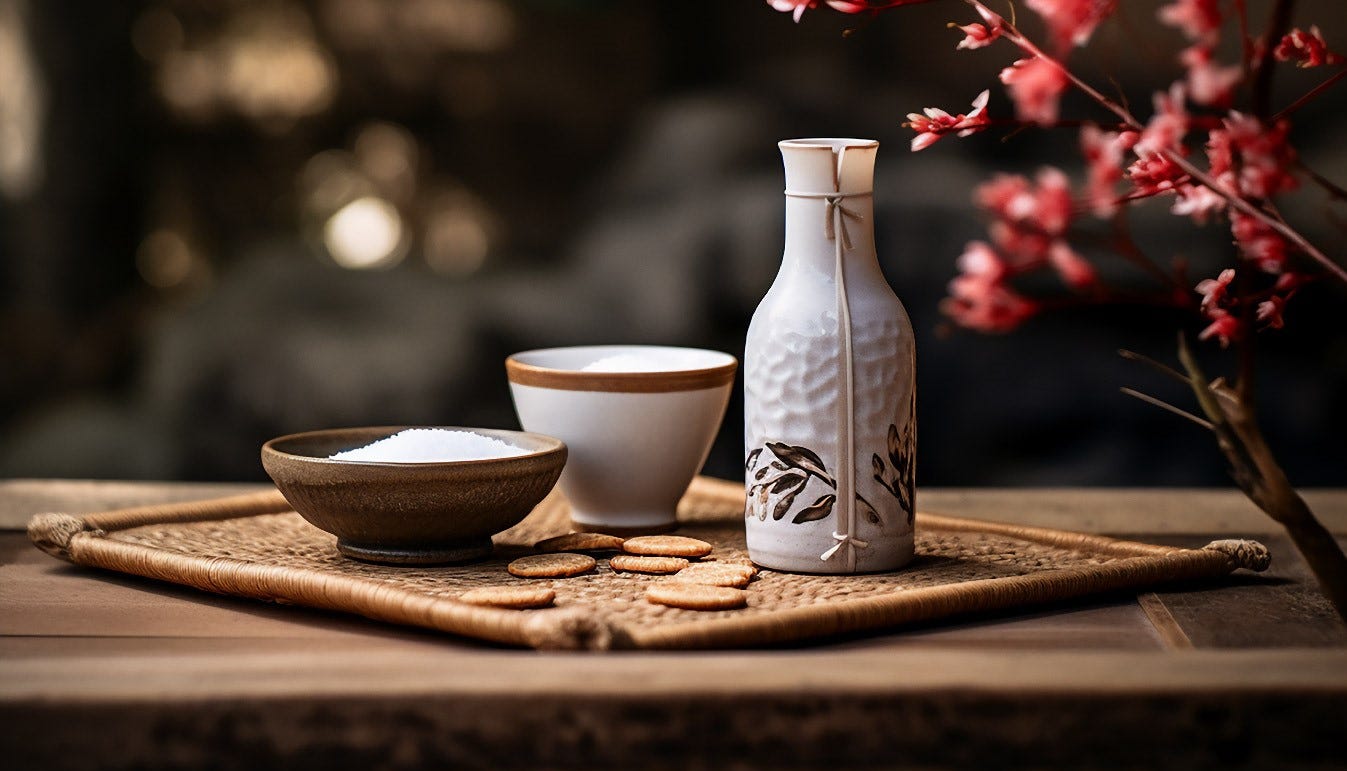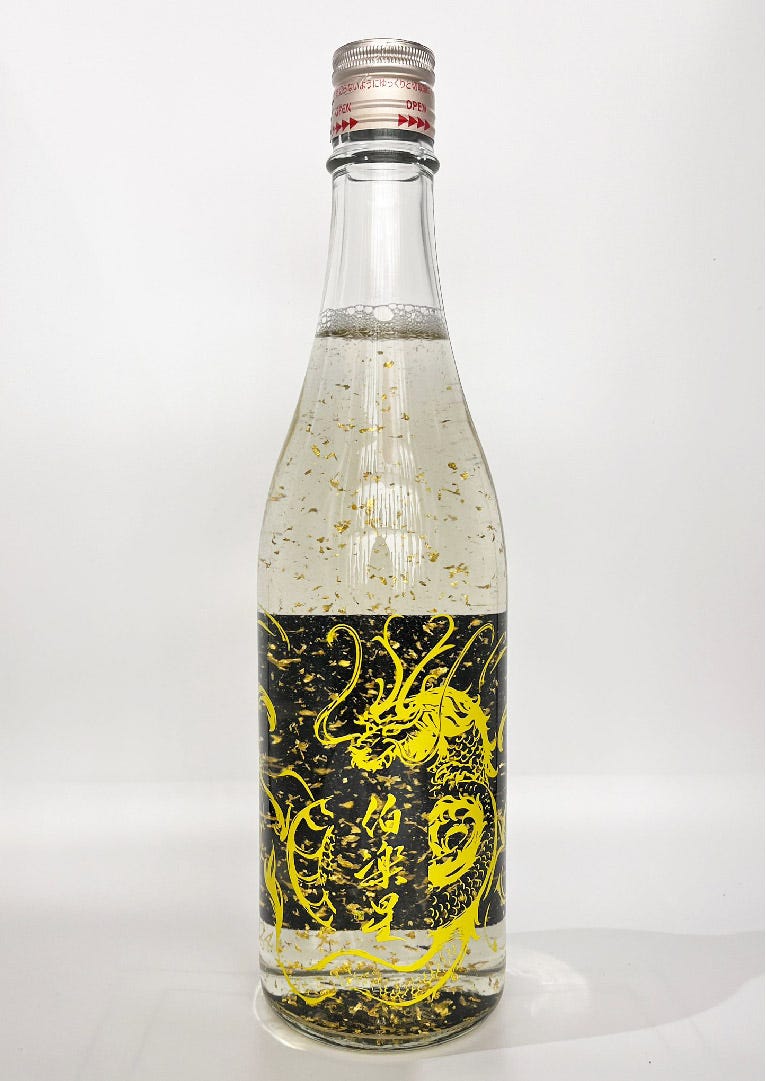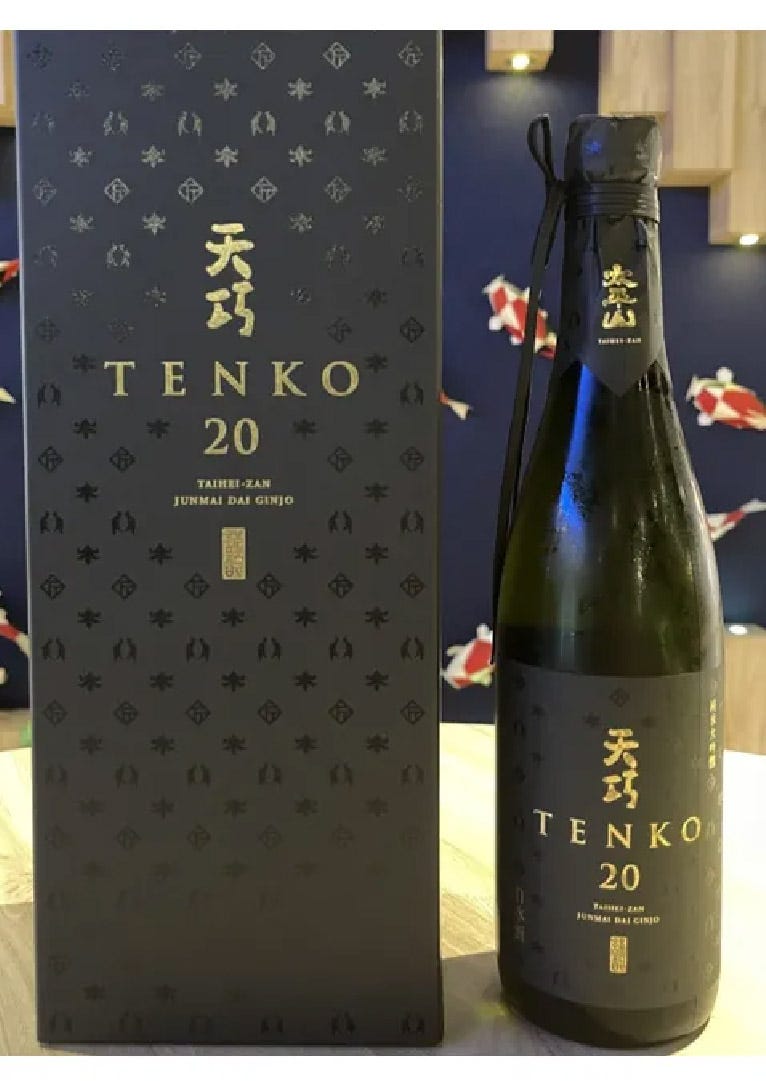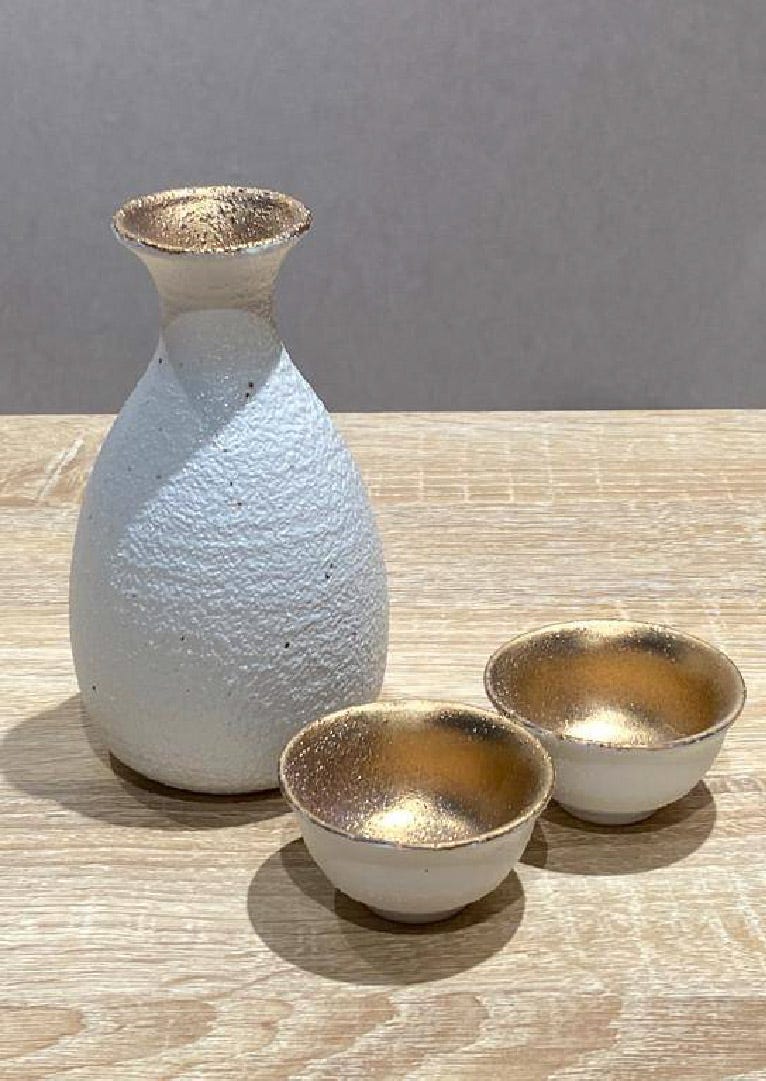The Epitome of Elegance and Exquisiteness – Savour the Zenith of Brewing Artistry in Junmai Daiginjo


Within the different varieties of Japanese sake, Junmai Daiginjo holds a prestigious place in the hearts of wine lovers, revered for its unique brewing techniques and exceptional taste. Beyond being a mere beverage, Junmai Daiginjo is an art form that embodies the Japanese craftsmen’s pursuit of perfection. Let us delve into the world of Junmai Daiginjo, exploring the brewing processes and wine-tasting specifics to discover its distinctive allure!
【The Art of Brewing: Decoding Sake Classification】
The intricate and refined classification system of sake is primarily based on two criteria: first, the degree of rice milling; second, the addition of alcohol during the brewing process. Under the first criterion, Daiginjo and Ginjo are the two top-tier sakes, made with rice milled to 50% or lower of its original size. The milling process removes the outer layer of the rice to retain the most essential part for brewing. Meanwhile, under the second criterion, Junmai refers to sake which is brewed without the addition of alcohol, preserving more of the rice’s natural aroma, while Honjozo refers to sake which is brewed with a small addition of alcohol, enhancing the sake’s overall aroma and taste.
Junmai Daiginjo, therefore, is the combination of Junmai’s purity and Daiginjo’s finesse, showcasing the very pinnacle of a brewer’s skills and knowledge. The complex and refined taste is paired with a plethora of alluring aromas, ranging from ripe fruits and flowers to hints of chocolate and cream. Together, they create a multi-faceted, rich, and long-lasting sensory experience.
【The Art of Tasting: Temperatures and Glass Etiquette】
The ideal drinking temperature for Junmai and Honjozo varies considerably, ranging from 10°C to 55°C, where different temperature levels bring out distinct flavour profiles. Lower temperatures accentuate the sake’s coolness and fruity notes, especially ideal for high-end sakes like Junmai Daiginjo. Contrastingly, higher temperatures highlight the richness and aroma of the sake.
The choice of glassware also has a significant impact on the tasting experience. Ochoko, traditional Japanese small wine glasses, help concentrate the sake’s aroma, suitable for sakes with subtle and nuanced flavours. Alternatively, wide-mouthed glasses allow the sake fragrance to bloom and blossom, and are therefore suitable for sakes with rich aromas, like Daiginjo. In fact, the shape and size of the glass mouth influence the area of the tongue that comes into contact with the sake, thus influencing the drinker’s perception of taste and aroma. A well-crafted sake glass enhances the multi-layered flavour profile of Junmai Daiginjo, ultimately elevating the overall drinking experience.
Junmai Daiginjo is not only the epitome of brewing craftsmanship, but also represents the dedication of sake brewers to tradition and artistry, with each drop embodying profound cultural heritage and unrivaled flair. Whether on special occasions or casual moments of indulgence, a glass of Junmai Daiginjo is sure to bring extraordinary sensory delight and spiritual satisfaction.
Shop List:
Kansai Market
Hysan Place B212
Sake Moment
Lee Garden Two LG24 - LG25
Tokyoto
Hysan Place B211



